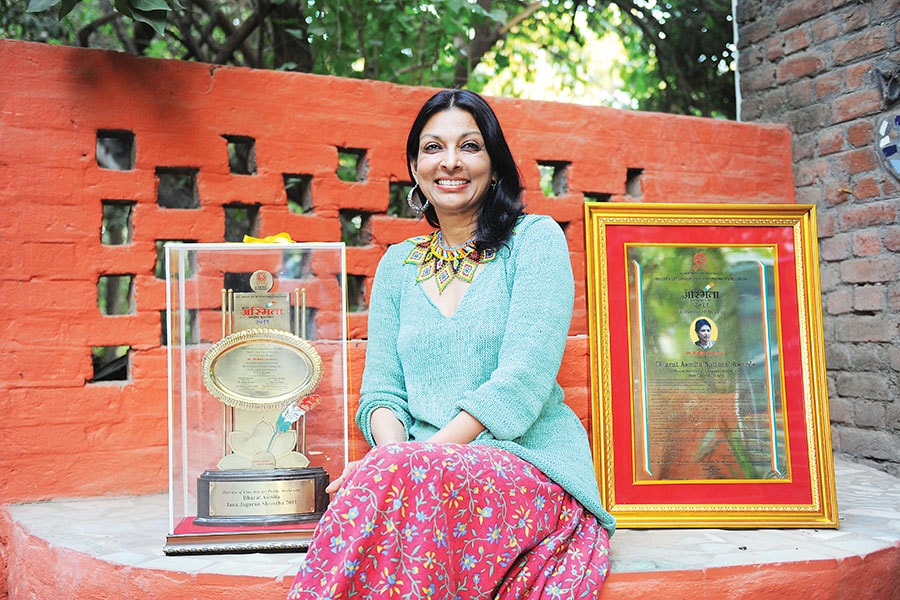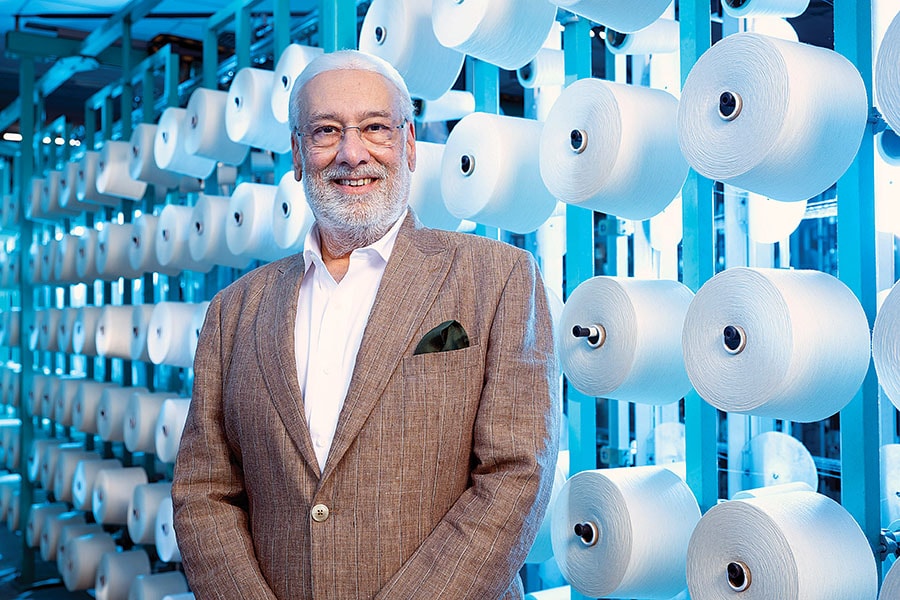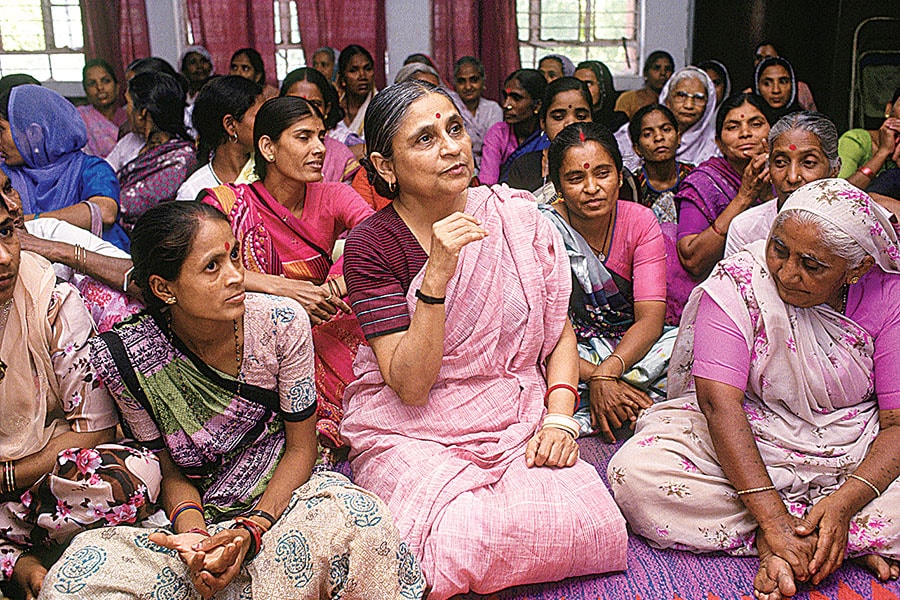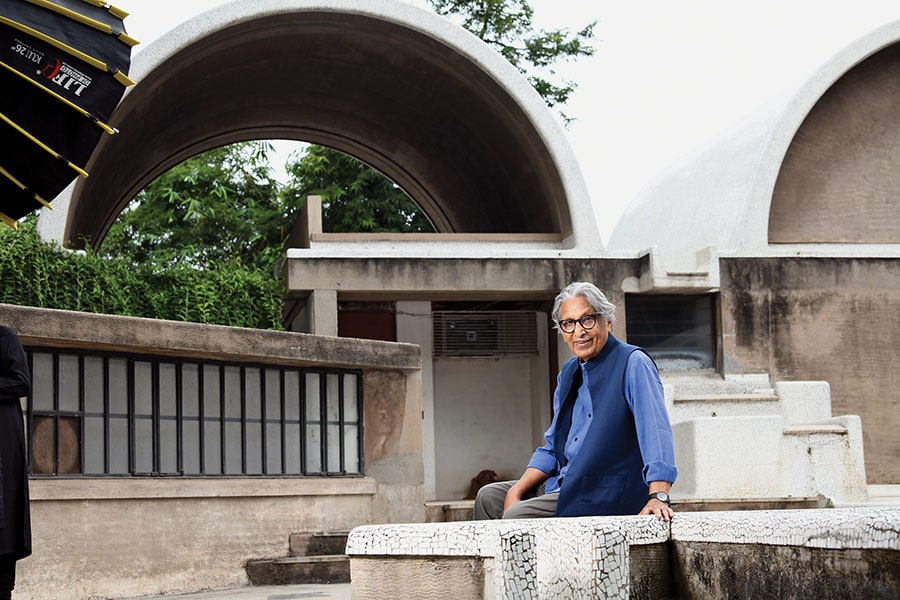
From Vikram Sarabhai to BV Doshi: People who shaped Ahmedabad - Part 1
Here are some of the visionaries and renowned people who, over the years, have shaped the city of Ahmedabad and are preserving and sustaining its heritage
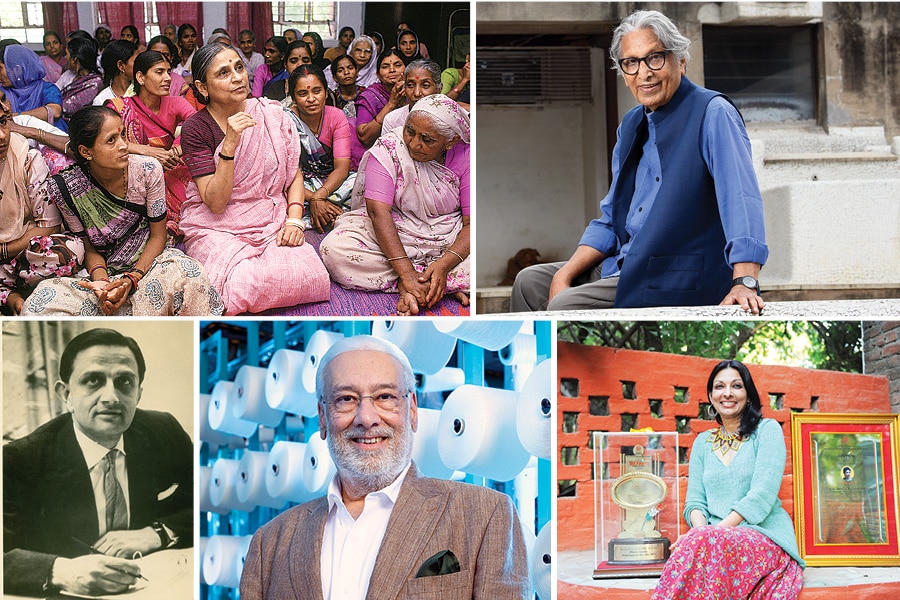 (Clockwise): Ela Bhatt, Activist; Balkrishna Vithaldas Doshi, Architect; Mallika Sarabhai, activist and Indian classical dancer; Sanjay Lalbhai, chairman and MD of Arvind Ltd; Vikram Sarabhai, physicist
(Clockwise): Ela Bhatt, Activist; Balkrishna Vithaldas Doshi, Architect; Mallika Sarabhai, activist and Indian classical dancer; Sanjay Lalbhai, chairman and MD of Arvind Ltd; Vikram Sarabhai, physicist
Forbes India takes a close look at some of the visionaries and renowned people who, over the years, have shaped the city of Ahmedabad and are preserving and sustaining its heritage:
Ramanbhai Patel & Indravadan Modi
Co-founders of Cadila
Ramanbhai Patel, a chemist, along with his school friend Indravadan Modi co-founded the Ahmedabad-based pharmaceutical company Cadila Laboratories in 1952. Among the early achievements of Cadila Laboratories were the production of Isopar, a formulation of the anti-tuberculosis drugs Isoniazid and Para-amino salicylic acid, in 1957, and Neuroxin-12, a single-vial mixture of vitamins B1, B6, and B12, in 1959. In 1973 the firm developed process technology to make the anti-diabetic drug Glibenclamide, while in 1977 the firm launched Dexona-20, a concentrated form of the anti-inflammatory drug Dexamethasone.
In 1995, after a disagreement between Patel and Modi, Cadila Laboratories was restructured with the business being split two ways—Cadila Healthcare (Patel’s share of the business) and Cadila Pharmaceutical (Modi’s share). In 2000 Cadila Healthcare went public. Patel was chairman and managing director of Cadila Healthcare until his death in 2001. In 2022, Cadila Healthcare Limited was renamed as Zydus Lifesciences Limited. His son Pankaj Patel is the current chairman and managing director.
THE SARABHAI FAMILY
The Sarabhai family has interests in many different sectors. Ambalal Sarabhai, the patriarch, was a well-known industrialist. Despite having accumulated a substantial fortune, his progeny pursued a wide range of other interests because of which the family is now better known for these pursuits than for their industrial enterprise. Kartikeya Sarabhai, along with his son Mohal, manage what is Ambalal Sarabhai Enterprises Ltd (ASE), with newly launched companies and restructured subsidiaries..
